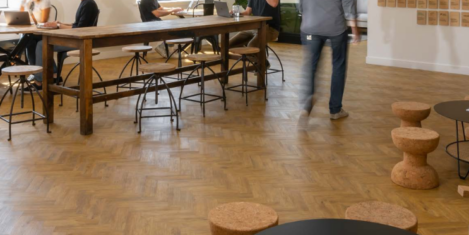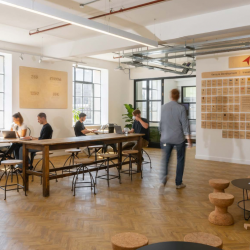To provide the best experiences, we use technologies like cookies to store and/or access device information. Consenting to these technologies will allow us to process data such as browsing behaviour or unique IDs on this site. Not consenting or withdrawing consent, may adversely affect certain features and functions.
The technical storage or access is strictly necessary for the legitimate purpose of enabling the use of a specific service explicitly requested by the subscriber or user, or for the sole purpose of carrying out the transmission of a communication over an electronic communications network.
The technical storage or access is necessary for the legitimate purpose of storing preferences that are not requested by the subscriber or user.
The technical storage or access that is used exclusively for statistical purposes.
The technical storage or access that is used exclusively for anonymous statistical purposes. Without a subpoena, voluntary compliance on the part of your Internet Service Provider, or additional records from a third party, information stored or retrieved for this purpose alone cannot usually be used to identify you.
The technical storage or access is required to create user profiles to send advertising, or to track the user on a website or across several websites for similar marketing purposes.
 Around three quarters of flexible office operators globally are looking to expand – primarily in city centres – while 64 percent of landlords want to deliver flexible office solutions, according to The Instant Group’s Future of Flex 2022 flexible office survey. The Instant Group’s annual flexible workspace survey, which is based on providers representing more than 3,700 locations across the globe, also delves into changing occupier motivations within the industry, and how both operators and landlords are reacting to these demands. (more…)
Around three quarters of flexible office operators globally are looking to expand – primarily in city centres – while 64 percent of landlords want to deliver flexible office solutions, according to The Instant Group’s Future of Flex 2022 flexible office survey. The Instant Group’s annual flexible workspace survey, which is based on providers representing more than 3,700 locations across the globe, also delves into changing occupier motivations within the industry, and how both operators and landlords are reacting to these demands. (more…)

































November 17, 2022
The workplace circus continues to entertain, but back in the real world…
by Mark Eltringham • Comment, Flexible working, Technology, Wellbeing